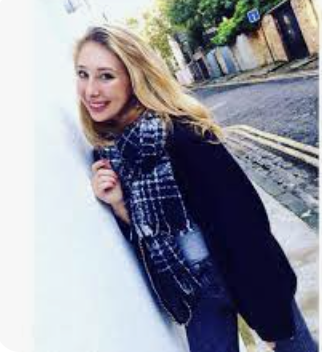Acne 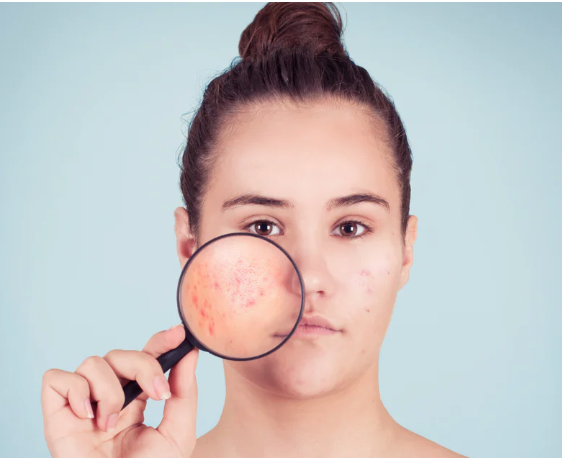 is a common skin condition that occurs when oil and dead skin cells clog the pores. It often results in blackheads, whiteheads, pimples, and inflammation. Acne is mostKensington International Clinic also has a leading specialists in dermatology.
is a common skin condition that occurs when oil and dead skin cells clog the pores. It often results in blackheads, whiteheads, pimples, and inflammation. Acne is mostKensington International Clinic also has a leading specialists in dermatology.
common in teenagers, but it can affect people of all ages. There are two different types of acne:
- Hormonal acne: acne caused by an imbalance of hormones.
- Acne mechanica: acne caused or aggravated by friction or pressure on the skin.
Why do teenagers get acne?
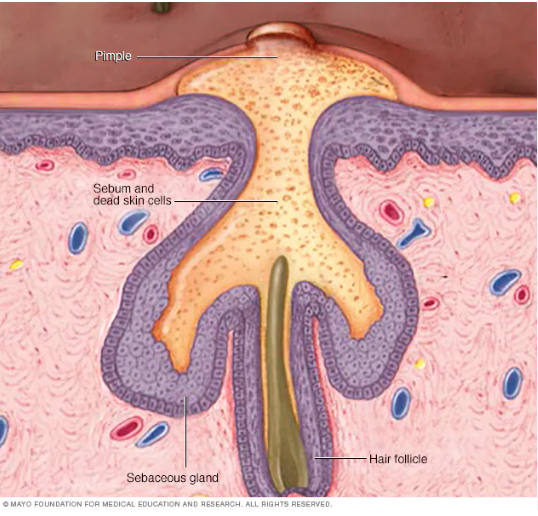
Teenagers get more acne than the rest of the population due to changes in hormone levels during puberty. These hormones cause the glands in your skin to produce more oil than normal, which can clog pores and lead to breakouts. Stress, diet, and certain medications can also contribute to acne.
The different levels of acne
- Whiteheads: small, white bumps on the skin.
- Blackheads: small, black bumps on the skin.
- Papules: small, red bumps on the skin.
- Pustules: red bumps with a white or yellow center
- Nodules: large, hard bumps beneath the surface of the skin.
- Cysts: large, painful, pus–filled lumps beneath the surface of the skin.
- Acne conglobata: a severe form of acne with large, inflamed nodules and cysts.
- Acne fulminans: a severe form of acne with painful, inflamed nodules and cysts.
The impact of acne on children and teenagers
Acne can have a profound impact on teenagers and young adults. It can cause physical, emotional, and social distress in young people, leading to decreased self–esteem and feelings of depression.
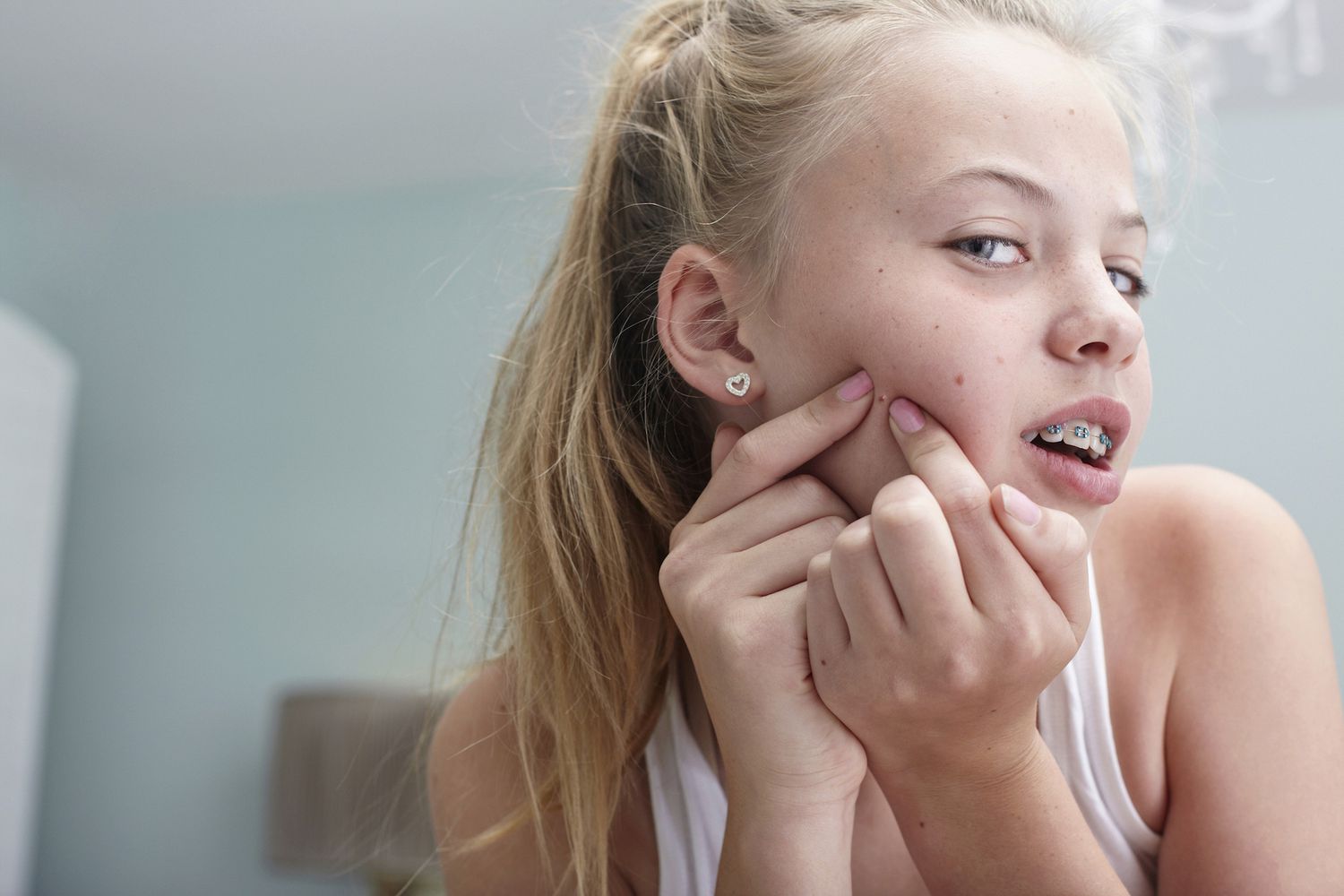
In addition, acne can lead to scarring, which can cause psychological issues and make it difficult to establish relationships. Acne can also cause social isolation, as teens may be embarrassed to interact with peers due to their skin. It can also lead to lower academic performance, as teens may be too embarrassed to attend school or may be distracted by thoughts of their skin.
How to help your children deal with acne?
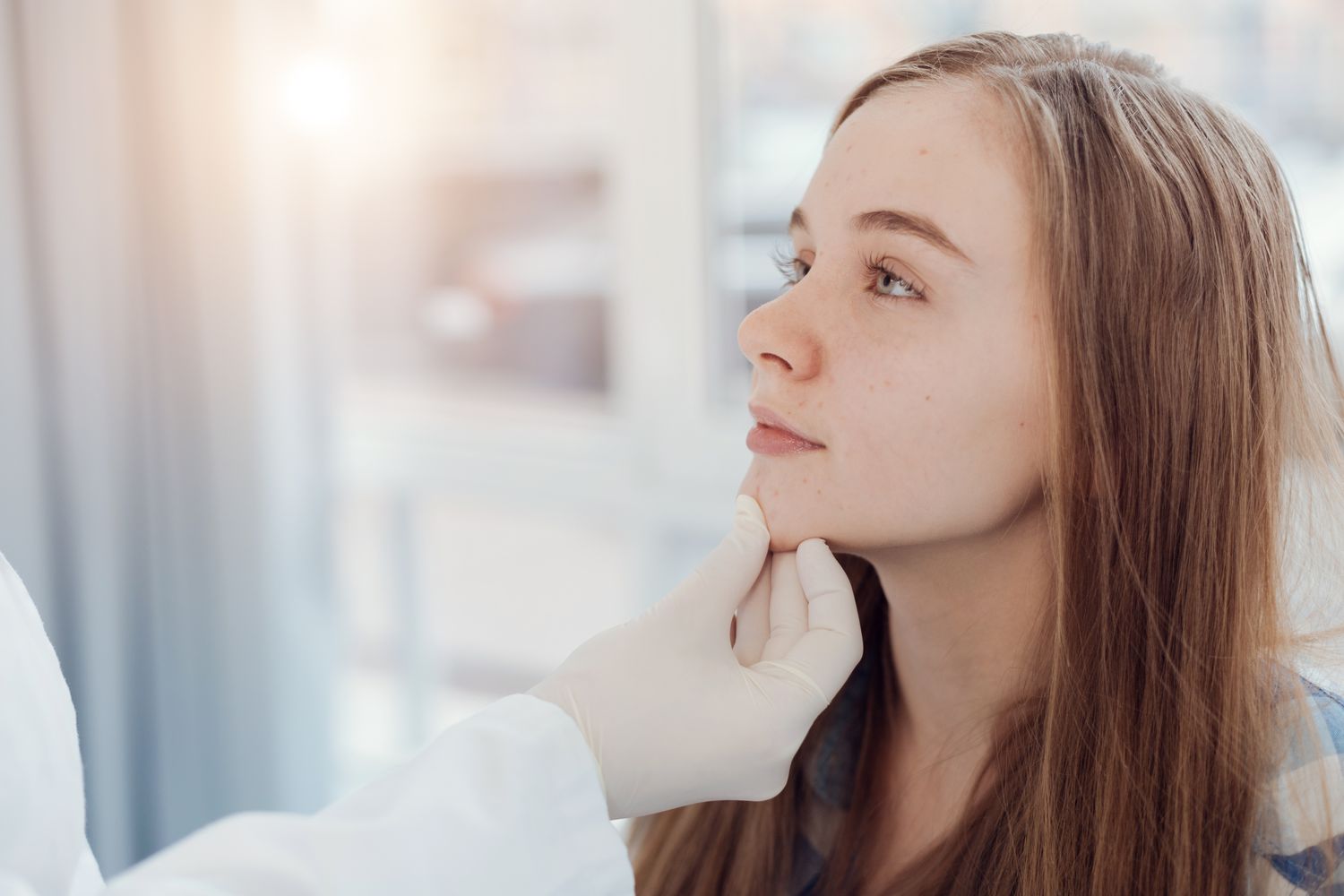
1. Encourage them to wash their face twice a day. It is important to use a gentle cleanser that is appropriate for their skin type.
2. Help them to find the right topical treatments. Over–the–counter products such as benzoyl peroxide, salicylic acid, and sulfur–based products are all effective in treating acne.
3. Discourage them from picking or popping their pimples. This can lead to infection or scarring.
4. Talk to them about the importance of proper nutrition. Eating a balanced diet and avoiding processed foods may help reduce acne breakouts. there are also food supplements that can have a beneficial effect.
5. Suggest gentle physical activities such as yoga or walking. Exercise can help to reduce stress, which can be a contributing factor to acne.
6. Provide emotional support. Acne can be a source of embarrassment and frustration for teenagers. Letting them know that you are there to listen and help can be beneficial.
Meet the team that can support your child
The Kensington International Clinic has a team of leading practitioners who can help your children or teenagers to deal with their acne problems.
-
Adeline O’Flynn
 is a psychotherapist who provides individual and familial therapy. She helps her clients improve their lives, develop better cognitive and emotional skills, reduce symptoms of isolations and loneliness and cope with various challenges concerning acne.
is a psychotherapist who provides individual and familial therapy. She helps her clients improve their lives, develop better cognitive and emotional skills, reduce symptoms of isolations and loneliness and cope with various challenges concerning acne.
- Dr Denise Vohwinkel
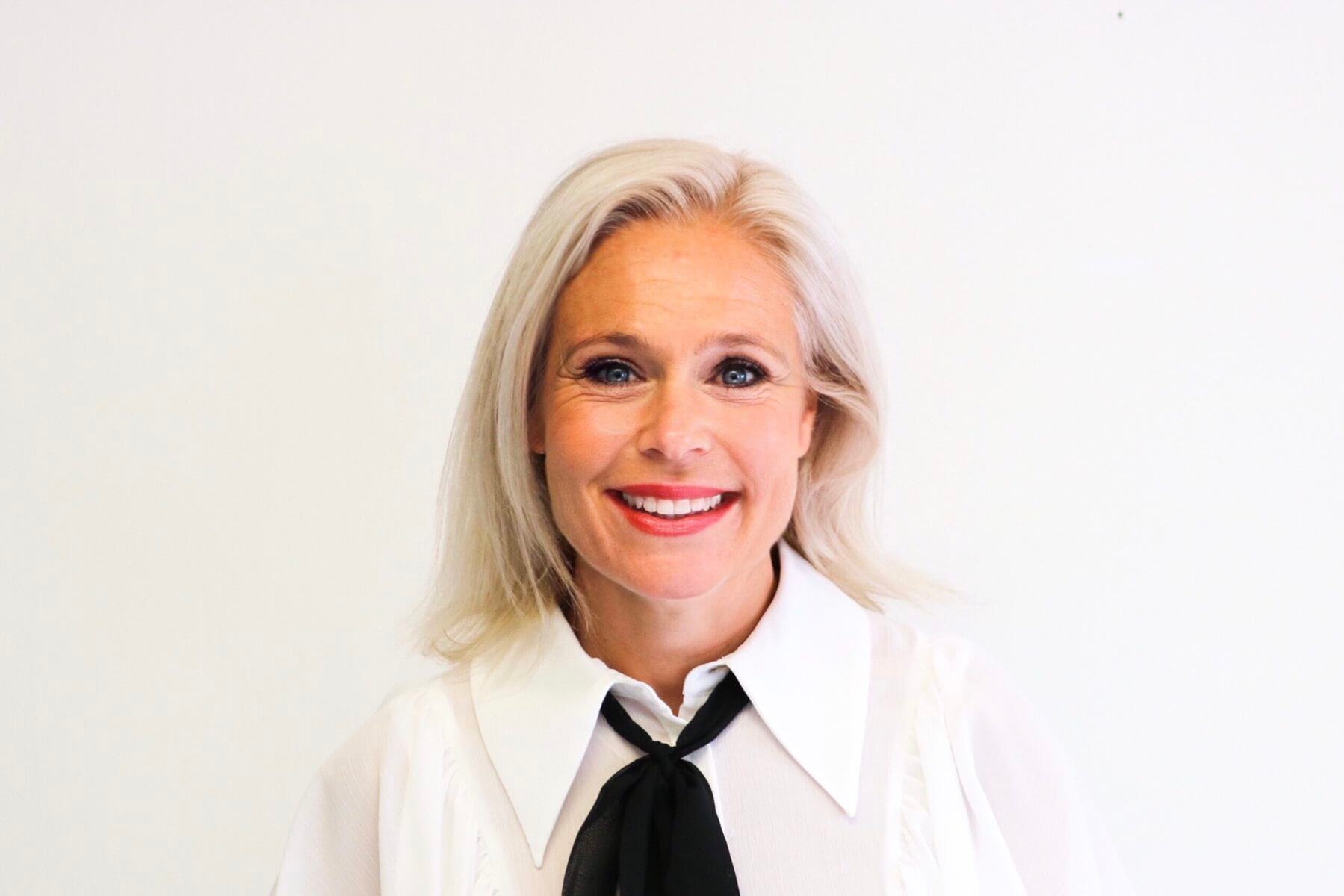 is a child psychiatrist. She can diagnose and put words to a psychological problem (which, moreover, in children often takes on a somatic aspect). She also specialises in attention disorders, depression, eating disorders, autism spectrum disorders, anxiety disorders, reactionary disorders, etc.
is a child psychiatrist. She can diagnose and put words to a psychological problem (which, moreover, in children often takes on a somatic aspect). She also specialises in attention disorders, depression, eating disorders, autism spectrum disorders, anxiety disorders, reactionary disorders, etc.
In relatively rare cases, Dr. Vohwinkel can also prescribe medication when necessary.
She offers family therapy because the subtleties between family and individual problems are more important than in adult psychiatry.
Dr. Vohwinkel can also, at the request of parents, make the link with the school to help the child feel better understood in his or her school environment.
- Ms Morgane Le Cleuyou
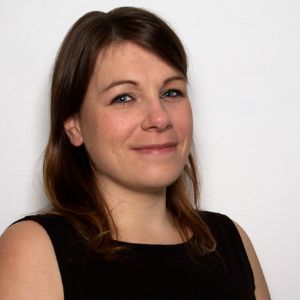 is a therapist who has worked for many years with children and young people, which has taught her the importance of a pragmatic, solution-oriented approach. She is now entirely focused on personal development and offers a safe space for introspection, acceptance and personal growth.She uses techniques and tools such as EMDR (Eye Movement Desensitisation and Reprocessing), EFT (Emotional Freedom Techniques) and neuro-linguistic programming (NLP).
is a therapist who has worked for many years with children and young people, which has taught her the importance of a pragmatic, solution-oriented approach. She is now entirely focused on personal development and offers a safe space for introspection, acceptance and personal growth.She uses techniques and tools such as EMDR (Eye Movement Desensitisation and Reprocessing), EFT (Emotional Freedom Techniques) and neuro-linguistic programming (NLP).
Appointment with Mrs Le Cleuyou
- Mrs Nicola Jane Gregory
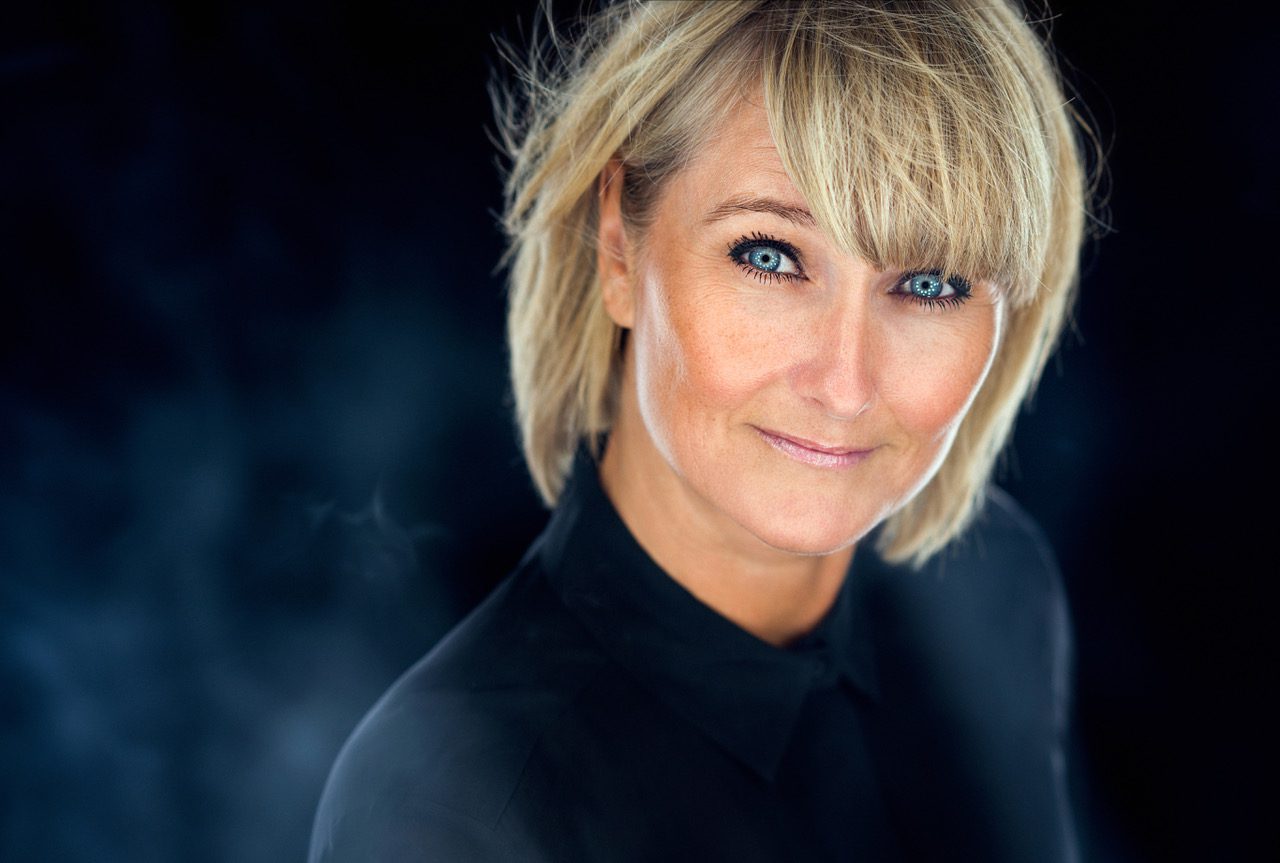 is a psychotherapist who has worked as a Family Therapist for over 20 years in varying contexts. Since 2005, she has worked with families worldwide, in multicultural environments, and with families with differing languages, cultures, and values.
is a psychotherapist who has worked as a Family Therapist for over 20 years in varying contexts. Since 2005, she has worked with families worldwide, in multicultural environments, and with families with differing languages, cultures, and values.

